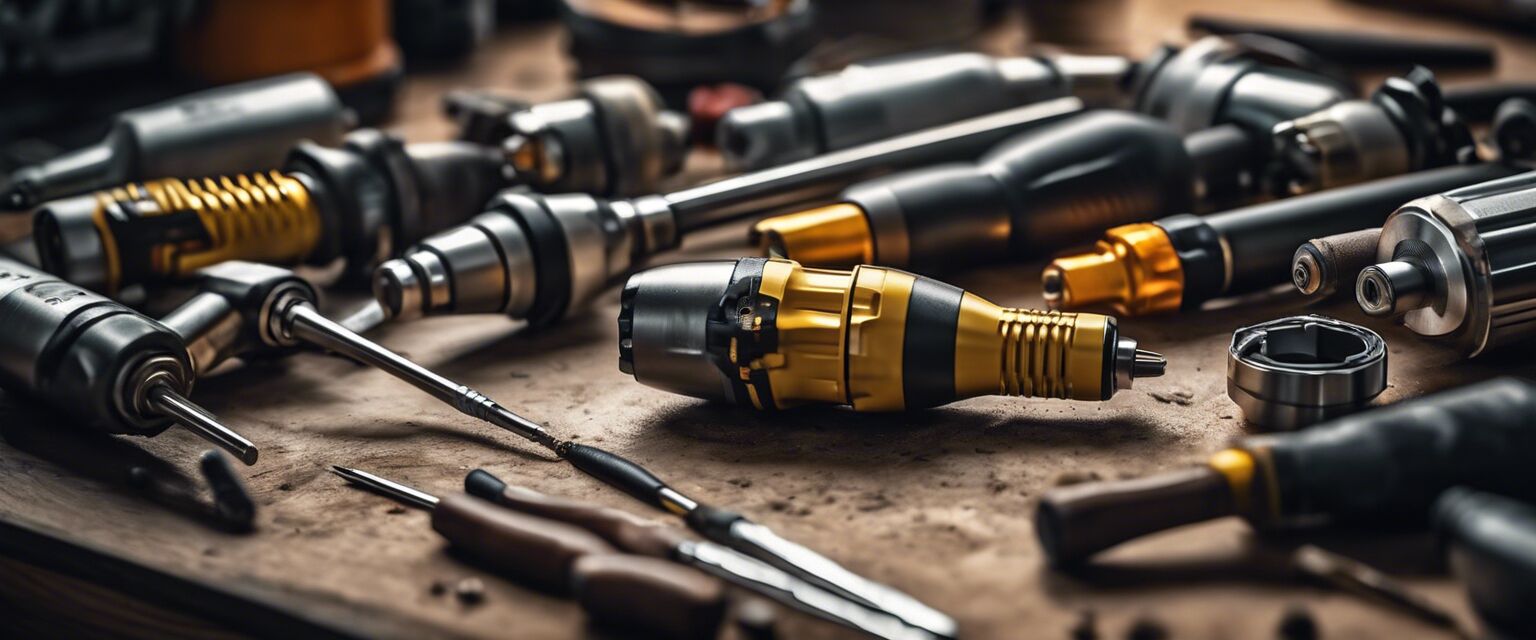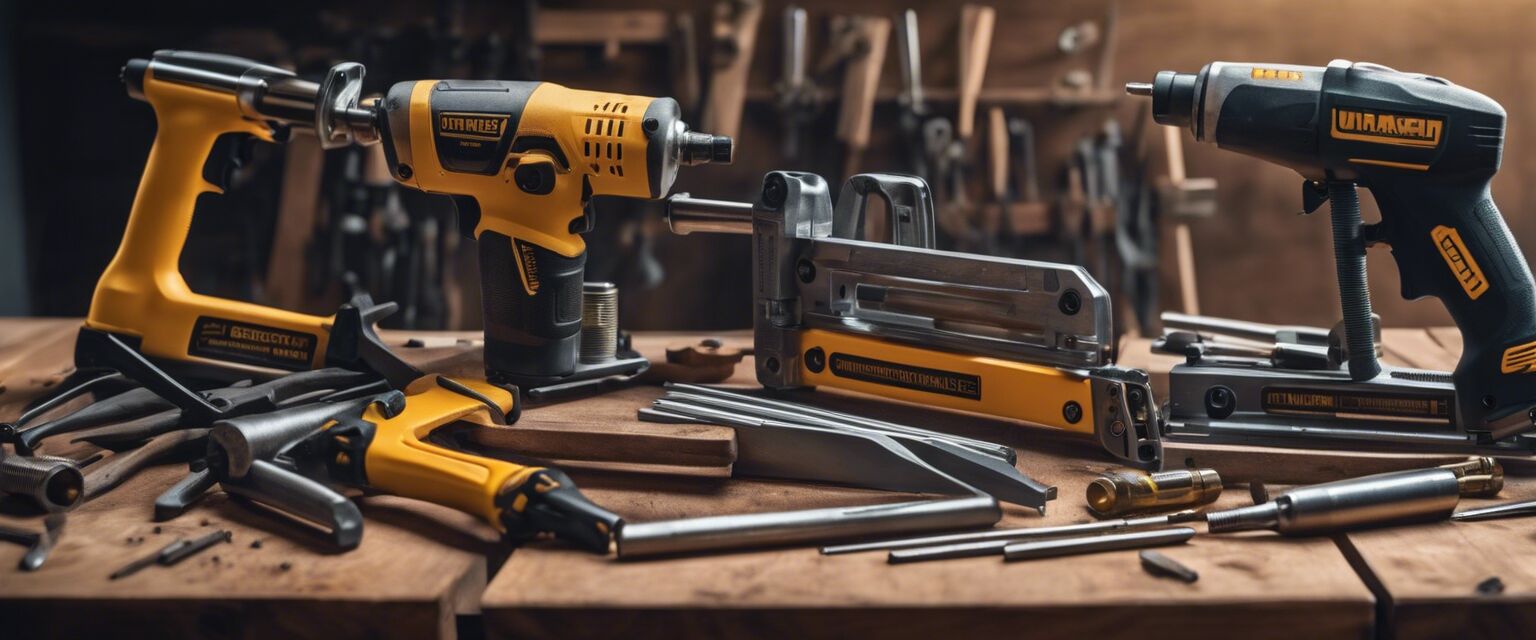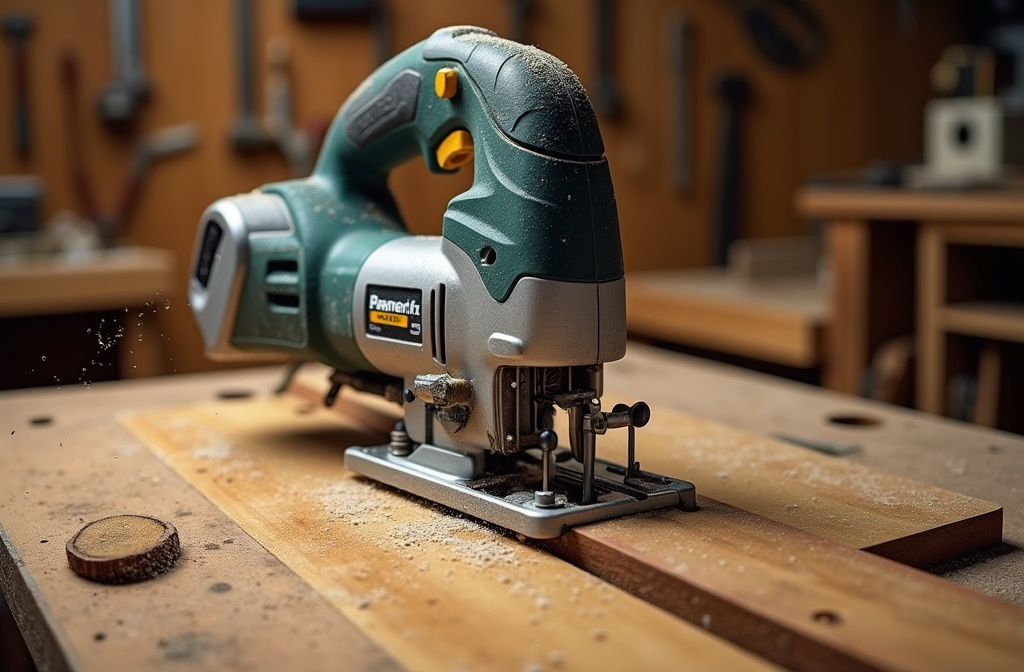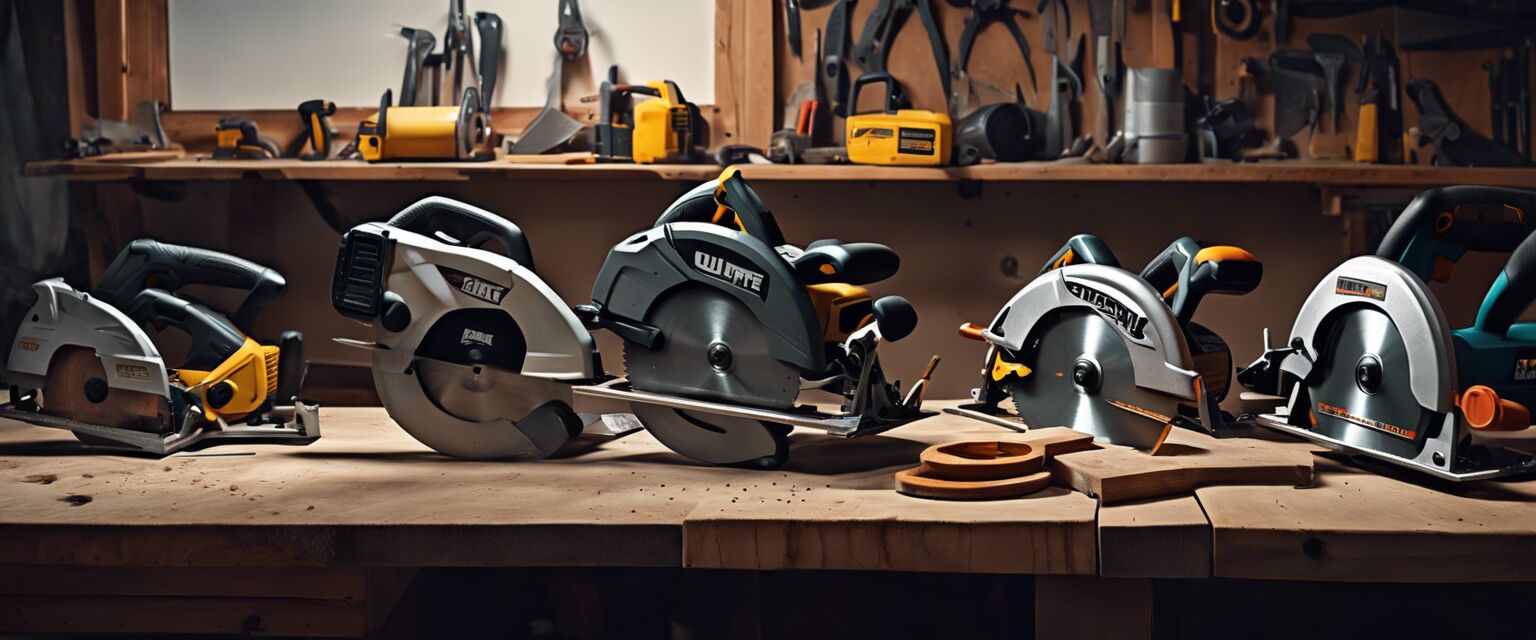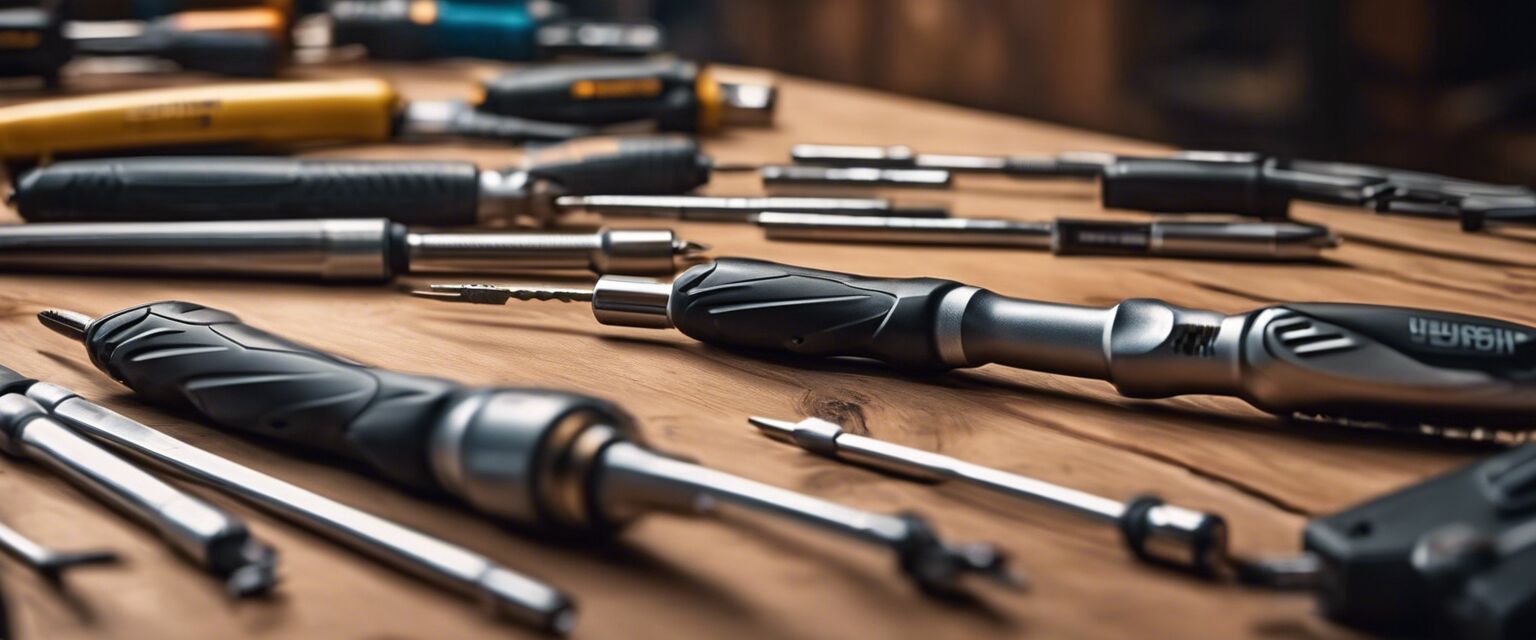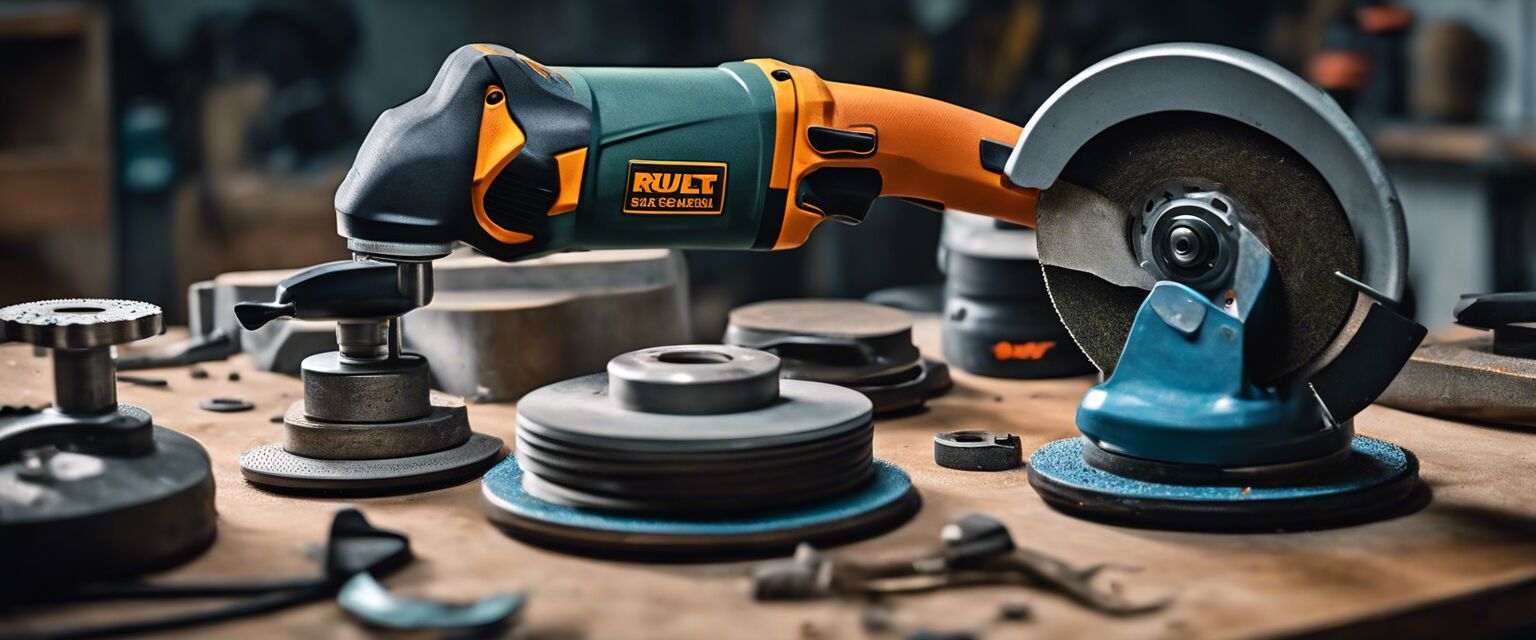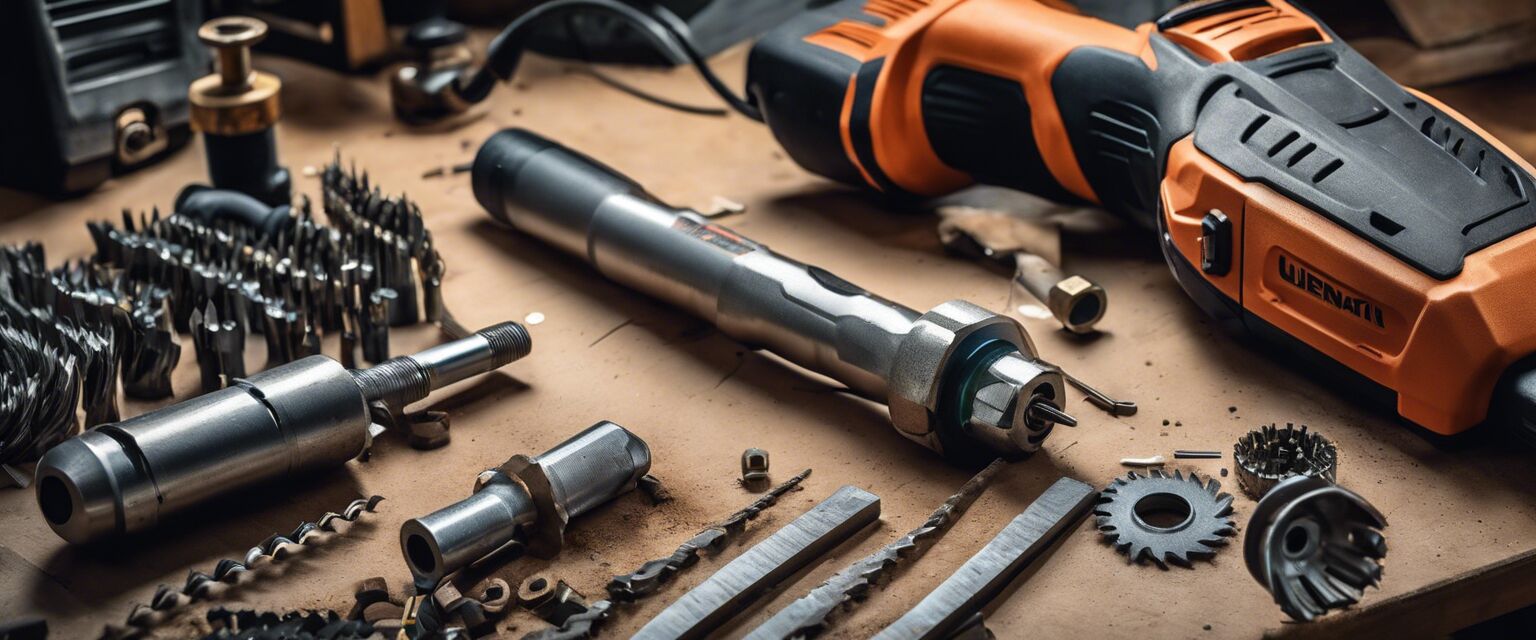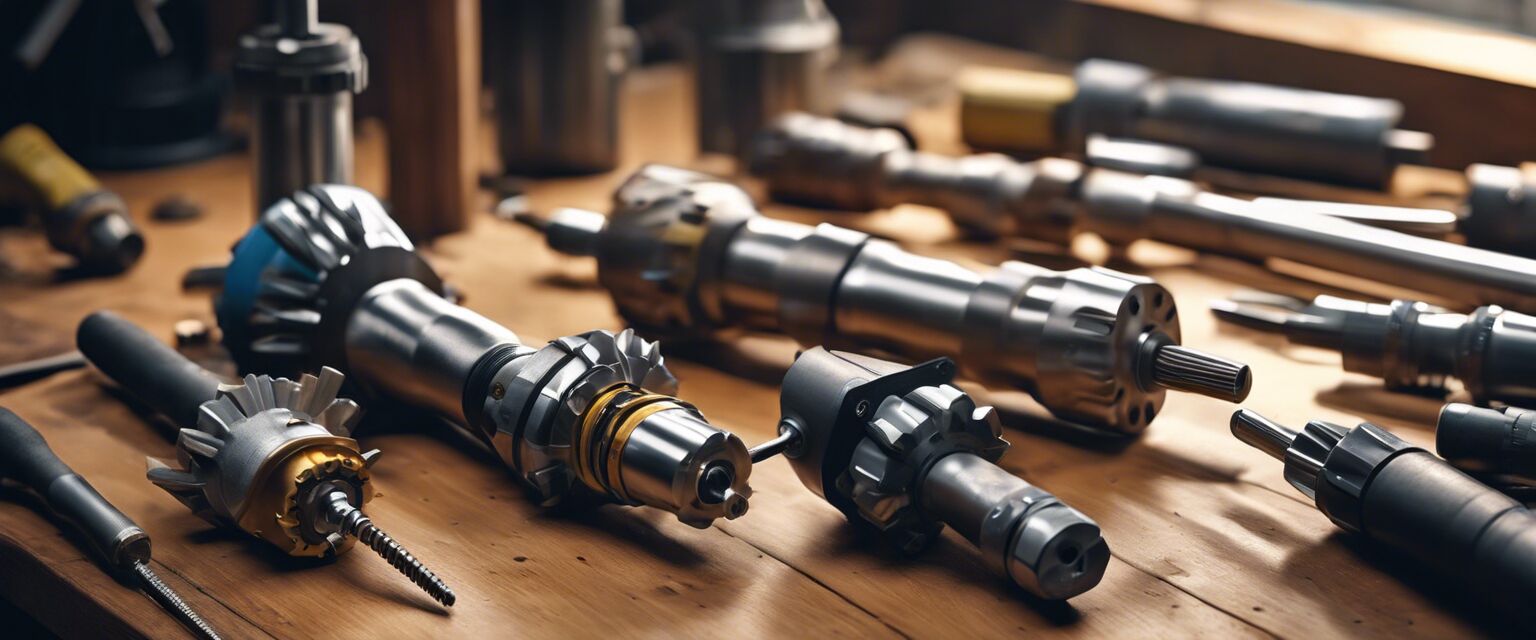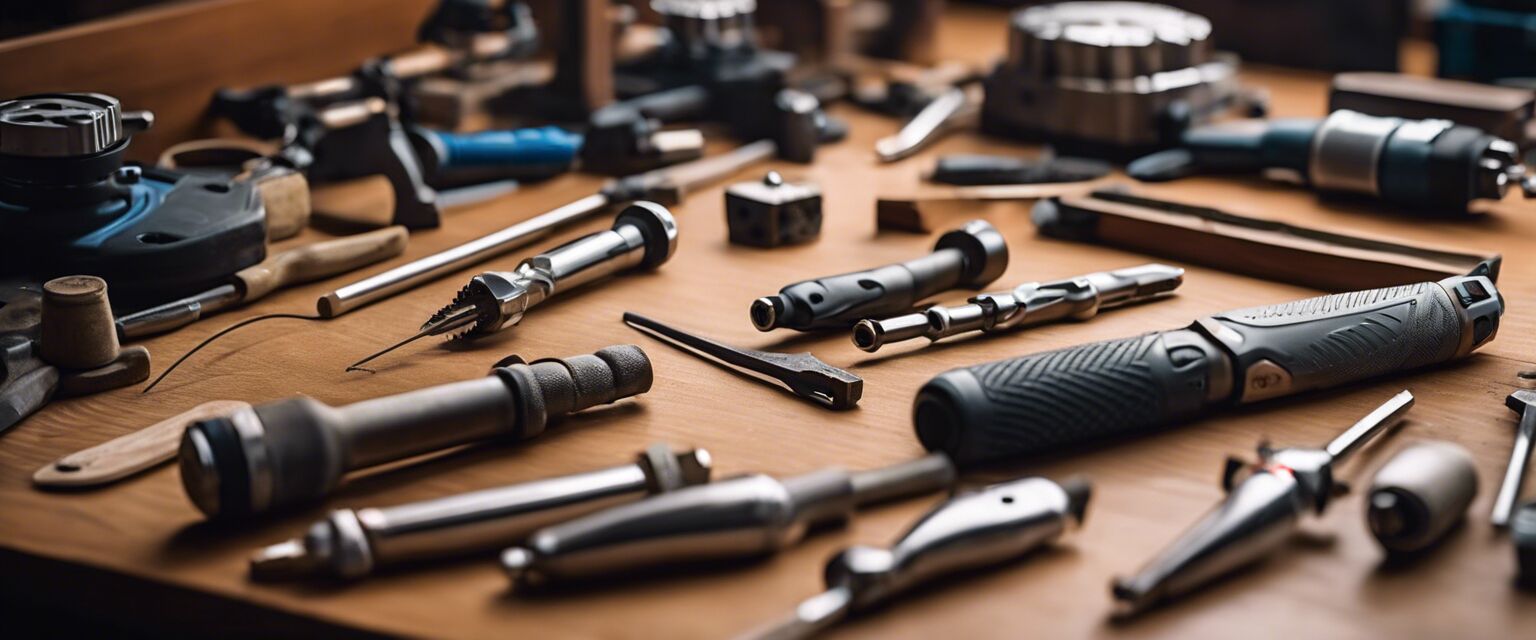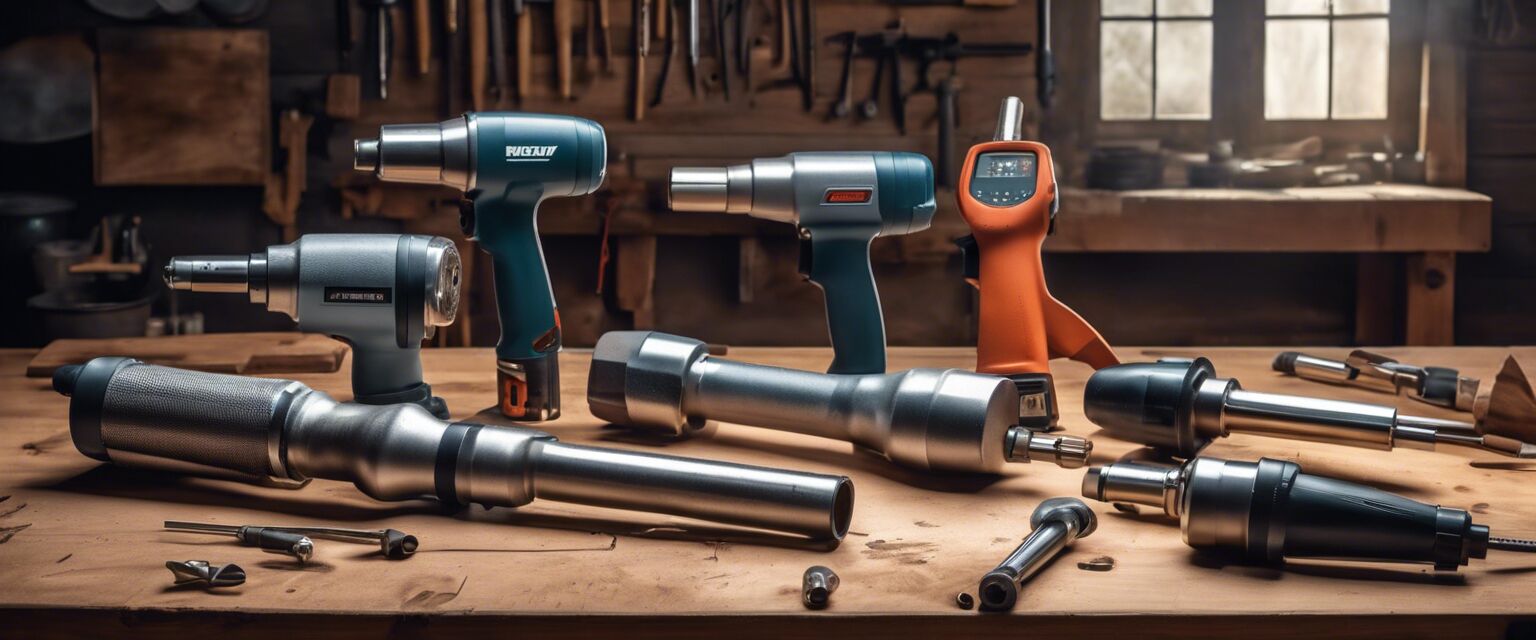
Heat Guns
Key Takeaways
- Heat guns are versatile tools used for various applications, from paint stripping to soldering.
- Performance and reliability are crucial factors in selecting the right heat gun for your needs.
- Understanding the features and specifications can help you make an informed choice.
- Regular maintenance ensures longevity and consistent performance of your heat gun.
Heat guns are essential tools for contractors and DIY enthusiasts alike. They are incredibly versatile, serving numerous purposes, from paint stripping and shrinking plastic to thawing frozen pipes and soldering. In this article, we will review and compare the top heat guns based on performance and reliability, ensuring you have the information you need to make the best choice for your projects.
What to look for in a heat gun
When selecting a heat gun, there are several key features to consider:
- Temperature settings: Multiple heat settings allow for versatility in various applications.
- Airflow control: Adjustable airflow helps to focus heat where needed.
- Weight and design: A lightweight and ergonomic design can reduce fatigue during prolonged use.
- Accessories: Nozzles and attachments can enhance the functionality of your heat gun.
Top heat guns compared
| Model | Temperature Range | Airflow Settings | Weight | Accessories Included |
|---|---|---|---|---|
| Model A | 120°F - 1200°F | 2 | 2.5 lbs | 3 nozzle attachments |
| Model B | 100°F - 1000°F | 3 | 1.8 lbs | 2 nozzle attachments, scraper |
| Model C | 150°F - 1100°F | 2 | 2.0 lbs | 4 nozzle attachments |
| Model D | 200°F - 1300°F | 3 | 2.3 lbs | 2 nozzle attachments, welding nozzle |
As you can see from the comparison table above, each model has its unique features. It is essential to assess which aspects matter most for your specific tasks.
Applications of heat guns
Heat guns are used in various applications, including but not limited to:
- Paint stripping: Effectively removes old paint and finishes.
- Plastic shrinking: Shrinks heat-sensitive materials for packaging and insulation.
- Thawing pipes: Quickly defrosts frozen pipes in winter.
- Soldering: Can be used for soldering in electronics.

Pros and cons of heat guns
Pros
- Versatile tool for multiple applications.
- Quick heating capabilities save time.
- Lightweight options reduce user fatigue.
- Easy to operate with minimal training.
Cons
- Can be dangerous if not used properly.
- Heats up quickly, which may lead to accidents.
- Not suitable for all materials.
Maintenance tips for heat guns
To keep your heat gun in top condition, consider the following maintenance tips:
Beginners' Tips
- Always allow the gun to cool down before storage.
- Clean the nozzle regularly to prevent residue buildup.
- Store in a dry area to avoid moisture damage.
- Check the power cord for any signs of wear and tear.
Final thoughts
Heat guns are indispensable tools for a wide range of applications. By understanding the features, applications, and maintenance tips, you can choose the right heat gun to suit your needs. Always prioritize safety and practice proper usage techniques to ensure a successful and efficient working experience.

For more information on related tools, check out our other product categories:
